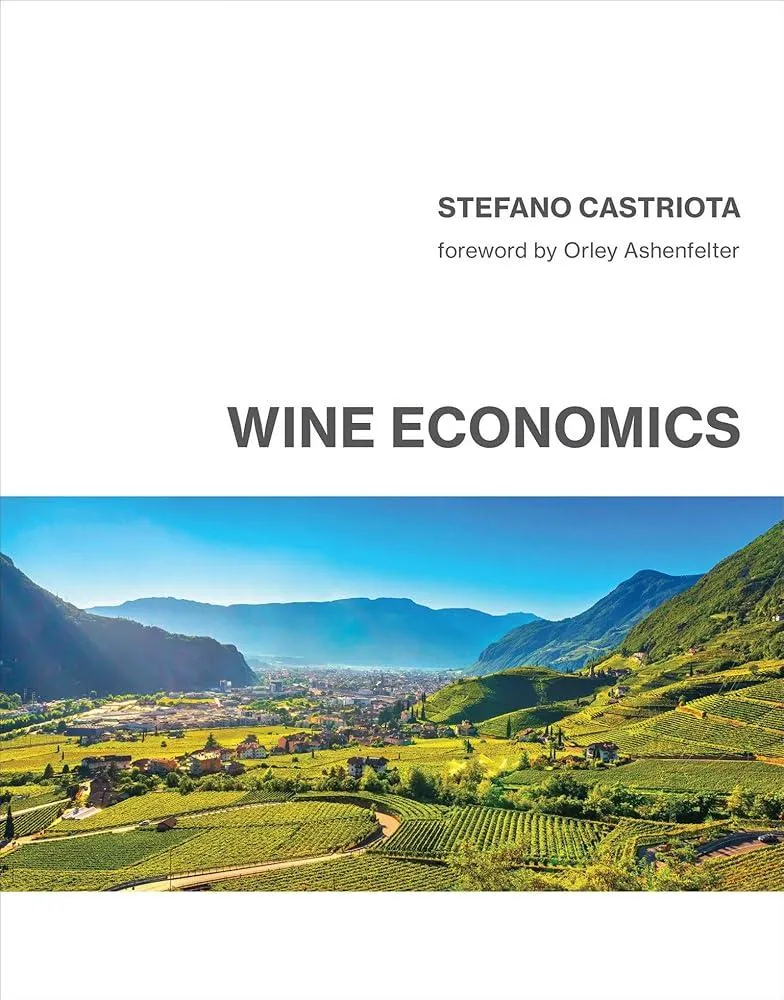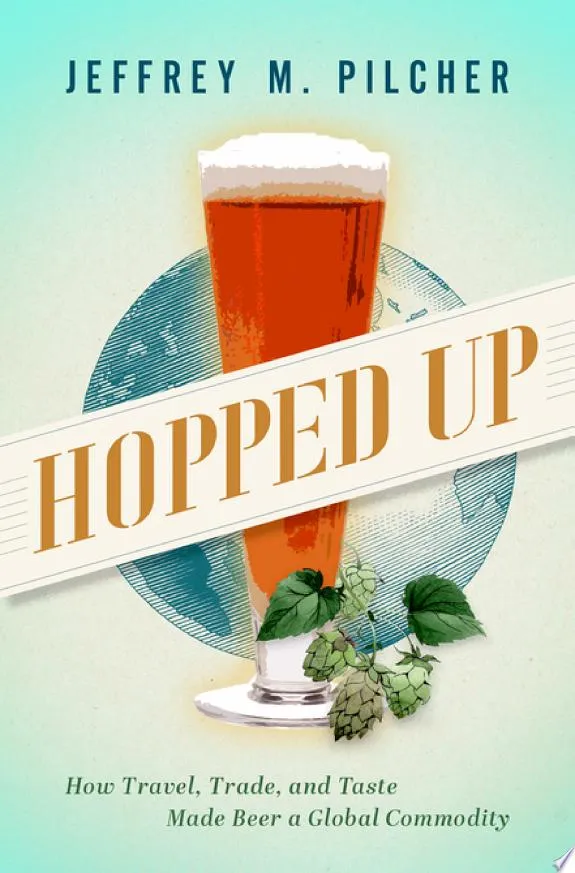
A comprehensive and interdisciplinary approach to the economics of the production, distribution, and consumption of wine. Wine economics is a growing subfield that examines the economics of the production, distribution, and consumption of wine. In this book, Stefano Castriota takes a comprehensive and interdisciplinary approach to the study of wine economics, drawing on literature from industrial organization, welfare economics, economic policy, political economy, management, finance, health economics, law, and criminology. Castriota explores how wine markets operate and how they are regulated, covering such diverse topics as the health economics of wine consumption (both the positive health effects associated with moderate wine intake and the negative effects of alcohol abuse), the competition and profitability of wineries, the function of wine as an investment, and the quality of wine. He examines differences between the wine industries in the Old World and the New World, comparing small, family-owned wineries with larger conglomerates, and analyzes the regulation of wine in the United States versus the European Union. He concludes with a series of recommendations to ensure open and efficient wine markets while protecting public health. Originally published in Italy as Economia del Vino, this English translation has been extensively revised. It includes additional material focusing on the English-speaking countries of the New World, particularly the regulatory environment of the United States and the lingering effects of Prohibition.
Stefano Castriota
Stefano Castriota was an Italian author known for his novel "The Silent City," a haunting exploration of loss and memory. His lyrical prose and vivid imagery captivated readers, earning him acclaim as a master of psychological fiction. Castriota's work continues to influence contemporary literature with its profound emotional depth.


